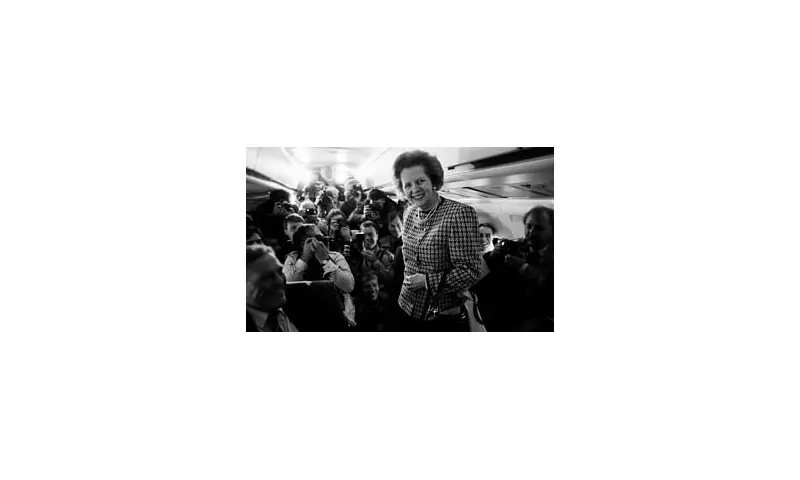
Freshly declassified government files have revealed one of the most dramatic and previously concealed chapters in Margaret Thatcher's premiership - a terrifying near-fatal plane crash that threatened to claim Britain's first female Prime Minister just weeks after she survived the IRA's Brighton hotel bombing.
The Fog-Bound Flight That Nearly Ended in Tragedy
On December 21st, 1984, a routine flight from London to Washington DC turned into a heart-stopping emergency when dense fog forced the RAF VC10 carrying Thatcher and her entourage to abort multiple landing attempts at Andrews Air Force Base. With fuel running critically low and visibility near zero, the experienced crew faced an impossible choice.
"We cannot see the runway," the pilot radioed in increasingly urgent transmissions, "and we are now at minimum fuel levels."
A Desperate Diversion to Safety
As the situation grew more dire, the aircraft was forced to divert to Dulles International Airport, landing with what official documents describe as "only minutes of fuel remaining." The margin for error was so slim that aviation experts later confirmed the plane was moments from potential catastrophe.
What makes this incident particularly chilling is its timing - occurring a mere seven weeks after the Brighton bombing that killed five people and nearly assassinated the Prime Minister during the Conservative Party conference.
The Political Shockwave That Almost Was
Had the plane crashed, Britain would have lost its leader in what would have been the most significant political tragedy since World War II. The documents reveal that:
- The flight carried not just Thatcher but key members of her government
- Security protocols were stretched to their limits
- The incident was immediately classified to prevent public alarm
"This was the second brush with death in as many months for the Iron Lady," noted a political historian who reviewed the files. "The psychological impact on someone who had just survived an assassination attempt must have been profound."
The Aftermath and Historical Significance
While Thatcher famously never publicly discussed the incident, the newly revealed documents paint a picture of a leader who faced mortality twice in quick succession, yet continued with her scheduled meetings in Washington, displaying the unwavering determination that defined her political career.
This remarkable story of survival adds a new layer to our understanding of one of Britain's most formidable leaders and the hidden dangers that shadowed her historic premiership.






